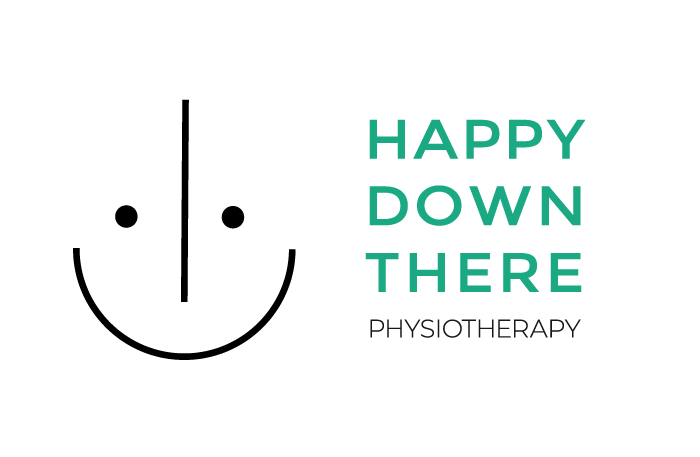5 things I tell every new parent
As a pelvic health physiotherapist, I spend a surprising amount of timing treating new parents. (Looking at you, diastasis recti, birth injuries and bladder weakness.) These are the five things I always say to them, based on my expertise as a health professional, but also my experience as a parent myself.
#1. You have permission to rest
When I had my daughter, I kept telling myself: “I should do laundry,” “I should shower. I smell,” or “I should clean the house.” You what? Fuck the shoulds! You get to choose where you focus your time and energy, and in those early days of parenthood, that’s probably not maintaining an immaculate home or wearing real pants. (Unless those things make you feel good. In that case, do you!) If there are some things that can’t be put off forever (like showering!), ask yourself if it can wait half an hour, five hours, or even until tomorrow so you can take a few minutes just to chill. You carried a baby for nine months. You’ve kept a helpless human alive. You gave BIRTH! If there’s anything on your “to do” list, it should be honouring the voice that says, “You need to rest.” You deserve it - and everything else can wait.
#2. Ask for help
Asking for help is not a sign of weakness. If you’re struggling, tell somebody - and you’ll be surprised how much the people around you rally to support you. Ask a neighbour if they would mind taking the dog for a 15 minute walk, or picking up some groceries for your family when they do their own shopping. So many of us think asking for help will be a huge disruption or inconvenience to others, but there’s something special about the cooperation, collaboration and interdependence that can spring up when you gather “the village” around a newborn. Some of us resist asking for help because we want to be independent. If you’re a first time parent, remember: You’ve never done this before! Why should you be expected to suddenly know everything about this brand new job? When I had my daughter, we made the choice to formula feed her so that my partner could handle feeding while I rested. (And on that topic: A healthy baby is a fed baby. End of story. Don’t let anybody make you feel any shame if you can’t or don’t want to breastfeed.) Making sure I wasn’t the sole provider of food was one of the best decisions we made together.
#3. Don’t put pressure on your body to “bounce back”
You were pregnant for 9 months. Do you think that you would look the same in 3 months post carrying a HUMAN in your body? Is it realistic to believe that you can physically, mentally, psychologically, emotionally be the same person that you were before conception? NO - and that’s an incredible thing! You are biologically different now and that’s the beauty of it. Your brain has changed and hence, your hormones, cellular function, organ function everything has changed. If you want to “bounce back,” think about a slow return. Rather than a springboard, think of it as a staircase with a platform rest in the middle here and there. Be realistic. Be kind to yourself. Again, give yourself the permission to be who you are - and that might not be the person you were before.
#4. Don’t compare your recovery to other parents’
You are unique. You are special and thus, you are going to go through a unique and different recovery process than ANYONE in this world. Maybe you’ll have a fit pelvic floor within 8 weeks. Or maybe it’ll take years. Just know this: You will recover with time, commitment, support and love for yourself. Every human body is different – that’s why life is so interesting. It would be so boring if everyone recovered the same way. I mean, what the fuck it “normal” anyways? I don’t want to be normal, that’s for sure.
#5. It’s okay not to be okay
Birth trauma is real. You experience fear, anxiety, even shock when delivering a human body, or even during your pregnancy. It’s not healthy to swallow it in and keep rolling with the punches. If you are not okay, acknowledge it. Get real with those emotions. Express them and don’t numb it. Tell someone you trust. Get professional help and ask for advice. Your mental health is just as or more important than anything right now. Prioritize it.
